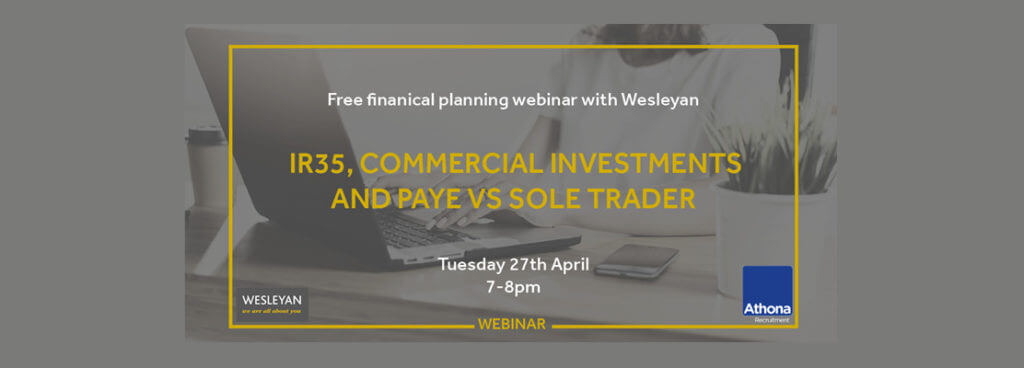On Tuesday 23rd February, we hosted a webinar with financial specialists Wesleyan, all about planning for retirement and retiring early for doctors and psychiatrists. We had lots of fantastic questions, so Mohamed Poonawala, from Wesleyan who answered your questions on the webinar, has also very kindly shared them for us here:
1. Is pension calculated on final year salary on 10 PA? If someone has 11 PA will extra PA calculated for?
The answer is slightly different dependent upon which pension scheme we are referring to, each is outlined below:
1995 scheme – best salary of the last 3 yrs, based on the FTE salary
2008 scheme – an average of the nest 3yrs within the last 10yrs, based on the FTE salary
2015 scheme – the scheme is based on 1/54th of your salary in that particular year
Generally, if you are working 11PAs, the extra PA would not be pensionable in the majority of circumstances. You can check your payslip for this as your pension contribution will be based on your pensionable earnings only.
2. If I have £150,000 how can I best invest it to achieve return of monthly income for retirement and how much can I get?
There’s a lot of things to consider with this, however taxation is key. Each person will have a different set of circumstances but some of the things to consider will be:
Do you have pension headroom?
Have you used your ISA allowances, regular and lifetime?
What retirement benefits does your partner have and are any investments better made in their or joint name?
Do you solely need an income or will you need access to the capital later on down the line?
I would strongly recommend getting some financial advice so that you can talk through all of the above and more before making a suitable decision.
3. How can we create sustainable generational wealth as Doctors in the NHS?
Generally the way to do this is via Trust planning and more generally Inheritance Tax planning. Trusts allow you to place assets outside of your estate (subject to certain rules), so that they may benefit future generations, whilst the assets themselves remain the property of the trust. Trustees would maintain the trust and the beneficiaries so it’s incredibly important that you consider who the trustees would be. As an example, if placing a lump sum of money inside an investment held in trust, the trust could pay an income to the beneficiaries when relevant to cover things like school fees. When there is no need for income any longer, the income will be accrued within the trust, ready to help the next generation with their school fees, so on and so forth.
4. Doing locum work in several hospitals and agencies I found that I have my pension money in several places such as Aviva, Blackrock, People’s money and NHS. How can I put it together in one account?
Personal pensions, generally known as defined contribution pension schemes can be pooled so that they are held and managed by one company. This should make management of the pension much easier. Generally the NHS Pension would stay where it is and wouldn’t be moved anywhere however, as it is a very different scheme altogether.
5. NHS pension scheme 2008 and 2015 do not have tax free lump sum as 1995 scheme has on retirement. So is it worth retiring late rather than early, or continue until the age of 75?
The 2008 and 2015 scheme pensions can pay a lump sum but do not do so automatically. You can give up £1 of income from your pension in order to gain a one of £12 tax free sum on either of the pension schemes.
6. Which is the best pension scheme to opt for? Is it the NHS pension scheme, or the People’s Pension Scheme which is used in the NES, or something else?
Generally speaking, the NHS Pension is superior as it provides defined benefits.
7. What is the eligibility criteria for early retirement?
You can draw your pension from age 55 (subject to early retirement penalties, unless you have Mental Health officer status). There is a protected early retirement age of 50 if you joined before 6th April 2006.
If you would like a free, no obligation financial review with a consultant from Wesleyan, please email cyn.wakefield@wesleyan.co.uk
To find out more about our upcoming webinars, click here.
Please note: all information provided here has been created by Wesleyan and is intended for information purposes only. If you require financial advice, please speak to a professional who will be able to assist you and your individual circumstances further.

![Investing in your future – Savings and Investments [WEBINAR] Investing in your future – Savings and Investments [WEBINAR]](https://www.athona.com/wp-content/uploads/2023/01/Webinar-Savings-Investments-1024x368.jpg)
